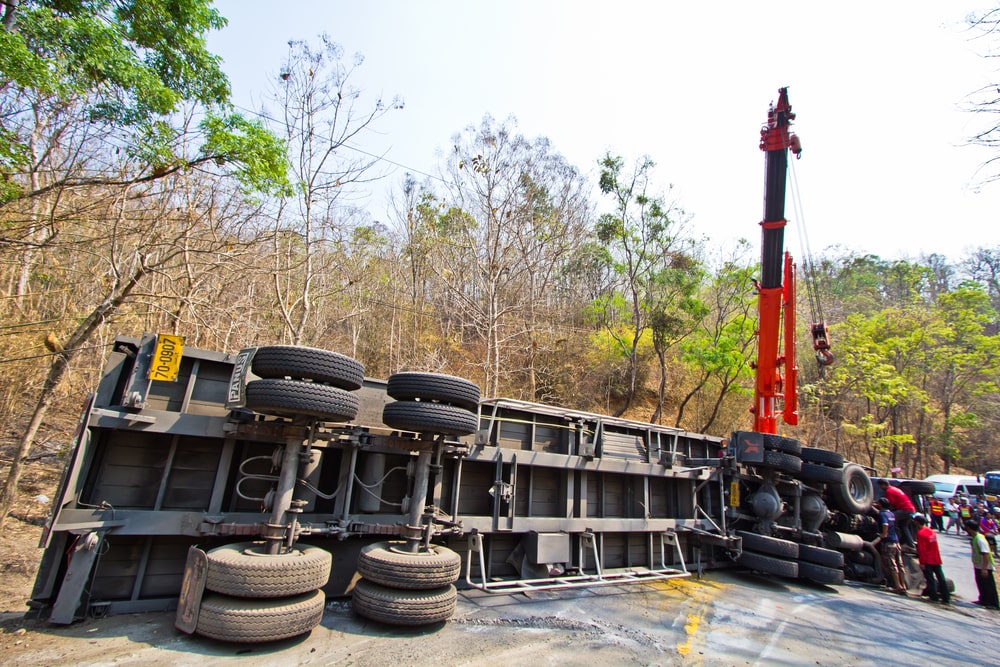Network Of Independent Truck Accident Attorneys
Alaska Truck Accident Laws
100% Committed To Maximizing Your Recovery
How To Report A Truck Accident

Truck accidents can be devastating and cause significant damage and injury, particularly given the challenging road conditions in Alaska. Understanding the correct process for reporting such accidents is crucial, especially when dealing with the complex regulations under Truck Accident Laws Alaska. Reporting a truck accident properly ensures that all legal and insurance claims are handled efficiently, and that you are protected under the law.
1. Contact Law Enforcement Immediately
The first and most important step after a truck accident is to notify law enforcement as soon as possible. In Alaska, it is a legal requirement to report any accident that results in injury, death, or substantial property damage (typically exceeding $2,000). You can contact the local police, Alaska State Troopers, or dial 911. Police officers will respond to the scene, investigate, and file an official accident report, which will be crucial when dealing with insurance claims or potential legal actions.
2. Gather Evidence At The Scene
While waiting for law enforcement to arrive, it’s important to gather evidence if it is safe to do so. Taking photographs of the accident scene, the damage to all vehicles involved, license plates, and road conditions can provide invaluable evidence for your insurance claim or legal case. Be sure to capture any skid marks, road signs, and the truck’s registration number. Additionally, collect contact information from witnesses, which may be helpful later if there are disputes about how the accident occurred.
Under Truck Accident Laws Alaska, the evidence you gather at the scene can help demonstrate liability and ensure that you receive the compensation you are entitled to.
3. File An Official Accident Report
If law enforcement does not file a report on your behalf, Alaska law requires you to submit an official accident report to the Alaska Department of Motor Vehicles (DMV) within 10 days if the crash resulted in injury, death, or property damage exceeding $2,000. The accident report form can be found on the Alaska DMV website, and it must be completed and submitted within this period to comply with state regulations. Failing to do so may result in legal consequences or difficulties when filing insurance claims.
4. Notify Your Insurance Company
It is essential to contact your insurance company as soon as possible after a truck accident. Be ready to provide them with all necessary details, including the official police report, photos from the scene, and witness information. In truck accidents, insurance claims can be more complicated due to the involvement of commercial trucking companies, which may have their own insurers and legal teams. Having a clear and accurate account of the accident will aid in any disputes that arise.
5. Seek Legal Assistance
Truck accident cases can be more complex than typical car accidents because they often involve multiple parties, including the truck driver, the trucking company, and potentially even vehicle manufacturers or maintenance companies. Seeking legal assistance from professionals who specialize in Truck Accident Laws in Alaska can make all the difference.
Critical Legal Steps
Reporting a truck accident in Alaska involves several critical steps, from notifying law enforcement and gathering evidence to filing official reports and contacting your insurance company. Given the complex nature of truck accidents and the laws that govern them, seeking professional legal assistance can help you navigate these challenges. Truck Law can provide the expertise you need to ensure that you meet all legal requirements and receive the compensation you’re entitled to after a truck accident. Call us today!